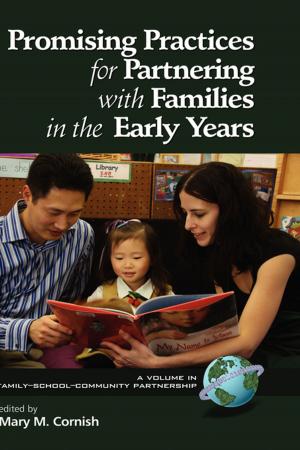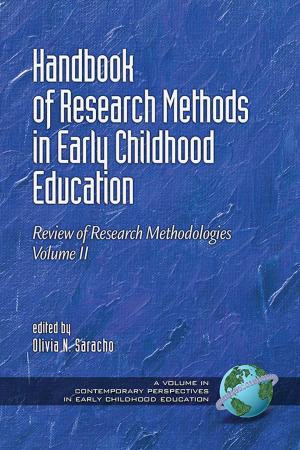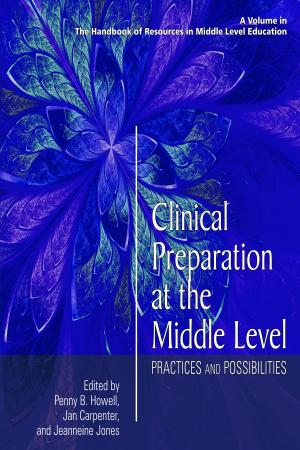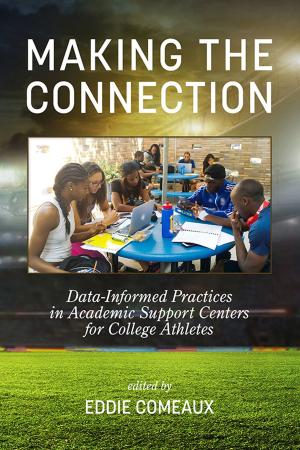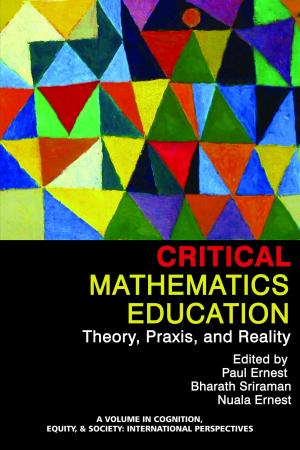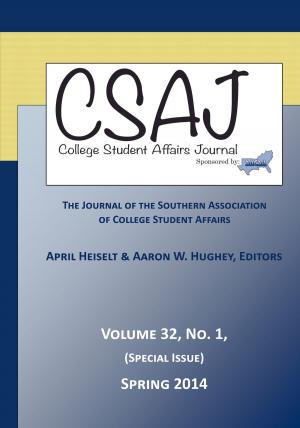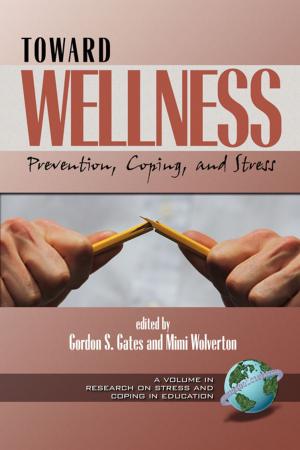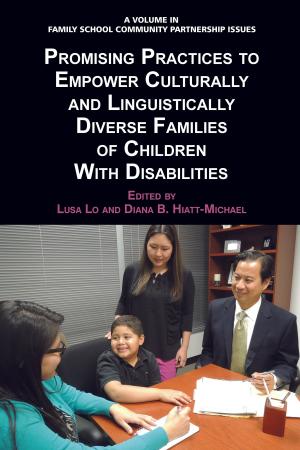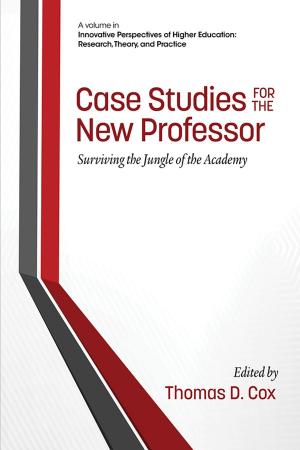Personality, Stress, and Coping
Implications for Education
Nonfiction, Reference & Language, Education & Teaching, Educational Theory, Educational Psychology, Health & Well Being, Self Help, Self Improvement, Stress Management| Author: | ISBN: | 9781617355257 | |
| Publisher: | Information Age Publishing | Publication: | September 1, 2011 |
| Imprint: | Information Age Publishing | Language: | English |
| Author: | |
| ISBN: | 9781617355257 |
| Publisher: | Information Age Publishing |
| Publication: | September 1, 2011 |
| Imprint: | Information Age Publishing |
| Language: | English |
Nearly all chapters in this volume are contemporary original research on personality, stress, and coping in educational contexts. The research spans primary, secondary, and tertiary education. Research participants are students and teachers. The volume brings together contributions from the United States, Australia, Canada, Italy, Scotland, and Hong Kong. Outcomes of interest in the studies include achievement (e.g., grades), cognitive processes such as problem solving, and psychological/ emotional health and wellbeing. The book is divided into two sections. Part I focuses on personality, stress, and coping in children and young people and Part II addresses personality, stress and coping among adults. Each chapter is introduced by an abstract that summarizes the study. Each chapter makes a unique contribution and can stand alone; interested individuals may benefit from reading any of the chapters without the necessity of reading others. At the same time, there is frequent content overlap among chapters; many authors utilized some of the same measurement devices to assess study variables, and similar or identical variables are studied across chapters utilizing diverse theoretical perspectives or models. In measuring coping, several chapters used the Adolescent Coping Scale (Frydenberg & Lewis, 1993) and a number of others utilized the COPE scale (Carver, Scheier, & Weintraub, 1989). Particular personality models or variables were commonly studied. A few chapters investigated the Big Five, two studied self efficacy and two researched implicit theories of personality.
Nearly all chapters in this volume are contemporary original research on personality, stress, and coping in educational contexts. The research spans primary, secondary, and tertiary education. Research participants are students and teachers. The volume brings together contributions from the United States, Australia, Canada, Italy, Scotland, and Hong Kong. Outcomes of interest in the studies include achievement (e.g., grades), cognitive processes such as problem solving, and psychological/ emotional health and wellbeing. The book is divided into two sections. Part I focuses on personality, stress, and coping in children and young people and Part II addresses personality, stress and coping among adults. Each chapter is introduced by an abstract that summarizes the study. Each chapter makes a unique contribution and can stand alone; interested individuals may benefit from reading any of the chapters without the necessity of reading others. At the same time, there is frequent content overlap among chapters; many authors utilized some of the same measurement devices to assess study variables, and similar or identical variables are studied across chapters utilizing diverse theoretical perspectives or models. In measuring coping, several chapters used the Adolescent Coping Scale (Frydenberg & Lewis, 1993) and a number of others utilized the COPE scale (Carver, Scheier, & Weintraub, 1989). Particular personality models or variables were commonly studied. A few chapters investigated the Big Five, two studied self efficacy and two researched implicit theories of personality.


